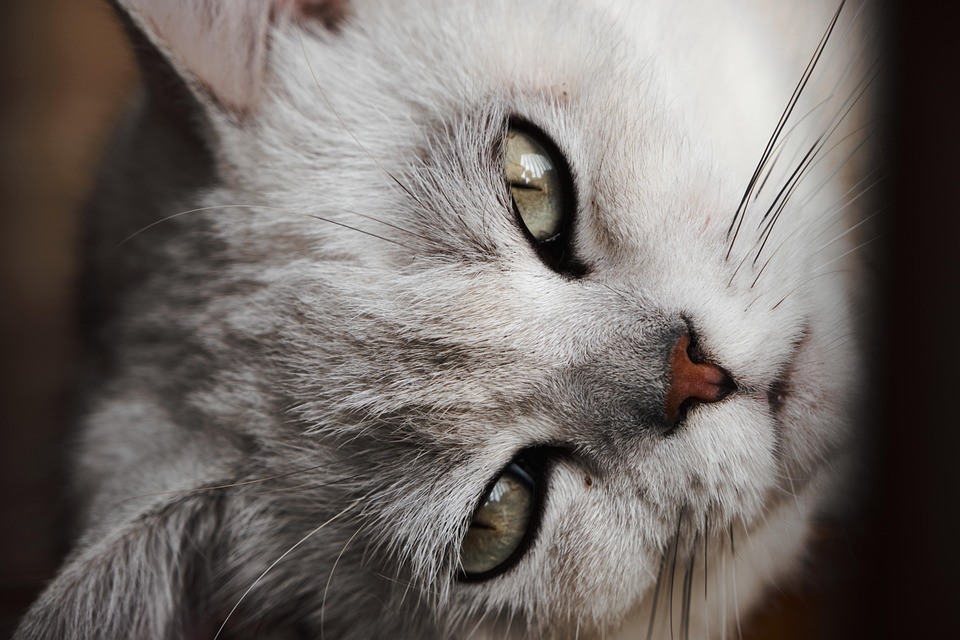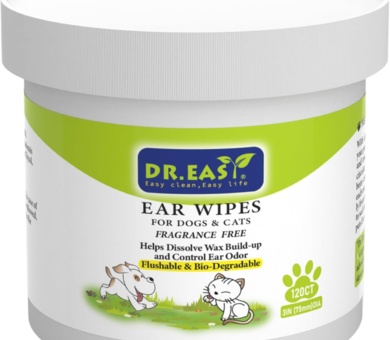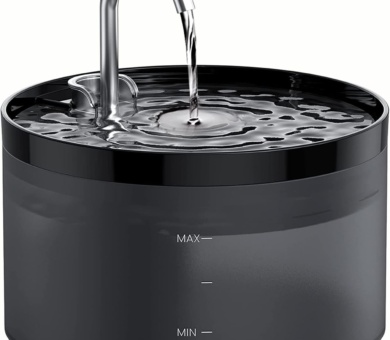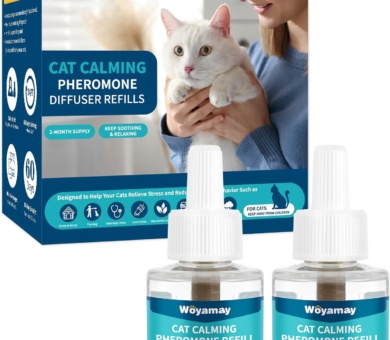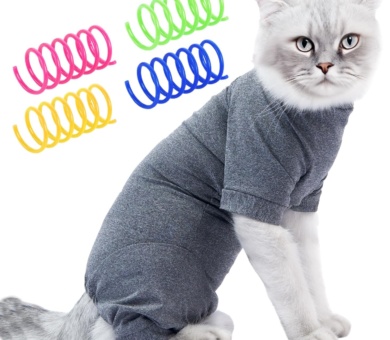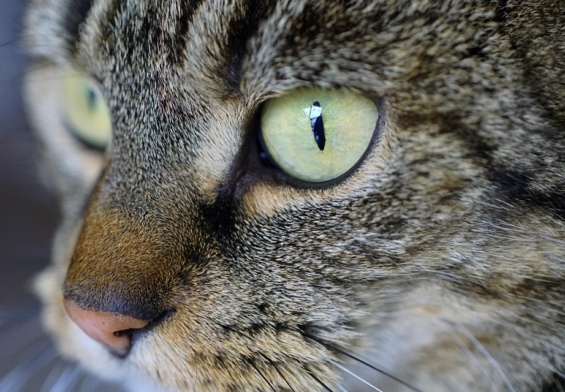Probiotics for Cats: April 2025’s Guide to Gut Health and Immunity
The Gut-Immune Connection in Cats
A cat’s gut is more than a digestive organ—it’s a cornerstone of their overall health. By 2025, research continues to highlight the gut microbiome’s role in regulating immunity, with nearly 70% of a cat’s immune cells residing in the intestinal tract. Disruptions from stress, antibiotics, or poor diet can imbalance this ecosystem, leading to issues like inflammation, allergies, or chronic disease. Enter probiotics: live beneficial bacteria that restore microbial harmony and boost well-being.
Probiotics 101: What Every Cat Owner Should Know
Probiotics are strains of "good" bacteria that colonize the gut, crowding out harmful pathogens. Unlike human probiotics, feline-specific formulations are tailored to cats’ unique digestive environments. Key traits to look for include:
- Survivability: Strains resistant to stomach acid, such as Bacillus coagulans.
- CFU Count: Optimal doses (1–10 billion CFUs daily) ensure efficacy.
- Prebiotic Synergy: Supplements with prebiotic fibers (e.g., inulin) fuel probiotic growth.
Top Probiotic Strains for Feline Health in 2025
- Lactobacillus acidophilus: Reduces diarrhea and aids nutrient absorption.
- Bifidobacterium animalis: Enhances immune response and combats inflammation.
- Enterococcus faecium: Proven in studies to alleviate antibiotic-associated digestive upset.
- Soil-Based Probiotics (e.g., Bacillus subtilis): Resilient spores survive harsh gut conditions, ideal for sensitive cats.
- Saccharomyces boulardii: A yeast probiotic effective against chronic diarrhea and C. difficile overgrowth.
Beyond Digestion: Comprehensive Benefits of Probiotics
- Immune Support: A 2024 Journal of Feline Medicine study found cats on multi-strain probiotics had 30% fewer upper respiratory infections.
- Skin & Coat Health: Strains like Lactobacillus rhamnosus reduce allergy-related itching by modulating immune reactions.
- Mental Well-being: The gut-brain axis links microbiome diversity to reduced anxiety, particularly in stressed or aging cats.
- Chronic Condition Management: Probiotics may ease symptoms of IBD and support kidney health by lowering uremic toxins.
Selecting the Best Probiotic Supplement for Your Cat
- Formulation: Opt for chewable tablets or powder mixes for easy dosing.
- Third-Party Testing: Ensures potency and purity.
- Vet-Recommended Brands: Products like ProPlan FortiFlora (with Enterococcus faecium) remain popular, but newer 2025 entries include synbiotic blends with tailored prebiotics.
- Storage: Some strains require refrigeration; check labels.
The Future of Feline Probiotics: What’s New in 2025?
Innovations this year focus on personalization:
- Microbiome Testing Kits: DNA-based gut analyses recommend strain-specific regimens.
- Phage-Enhanced Probiotics: Bacteriophages target pathogens while sparing beneficial bacteria.
- Sustainable Delivery Systems: Time-release capsules and probiotic-infused treats improve compliance.
Final Thoughts: A Healthier Gut for a Happier Cat
As probiotics evolve, they offer a proactive approach to feline health. Whether managing a chronic condition or boosting daily wellness, the right supplement can transform your cat’s vitality. Always consult your veterinarian to tailor choices to your pet’s unique needs—because in 2025, a balanced gut is the foundation of a thriving, resilient cat.
Empower your cat’s health journey with science-backed probiotics, and witness the ripple effect of a happier belly and brighter tomorrow. 🐾



